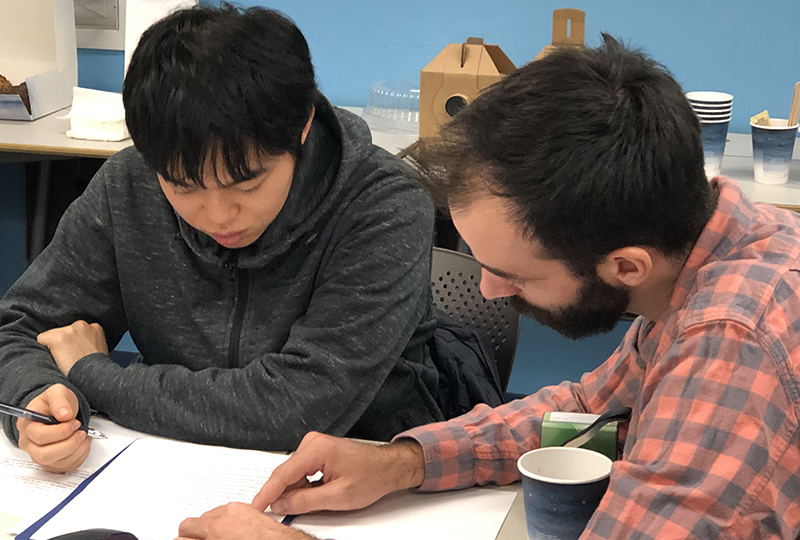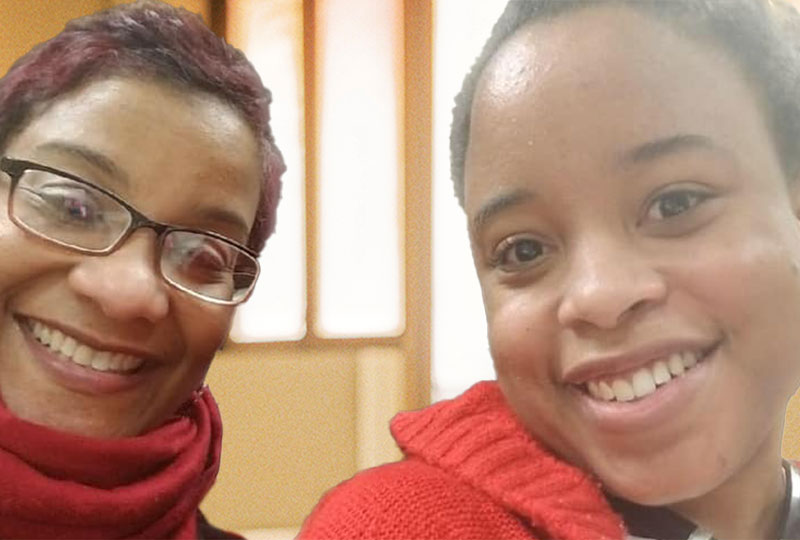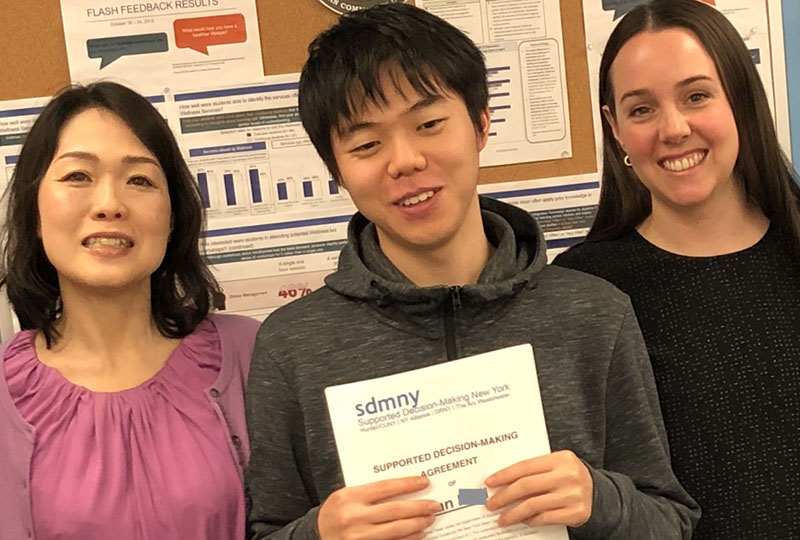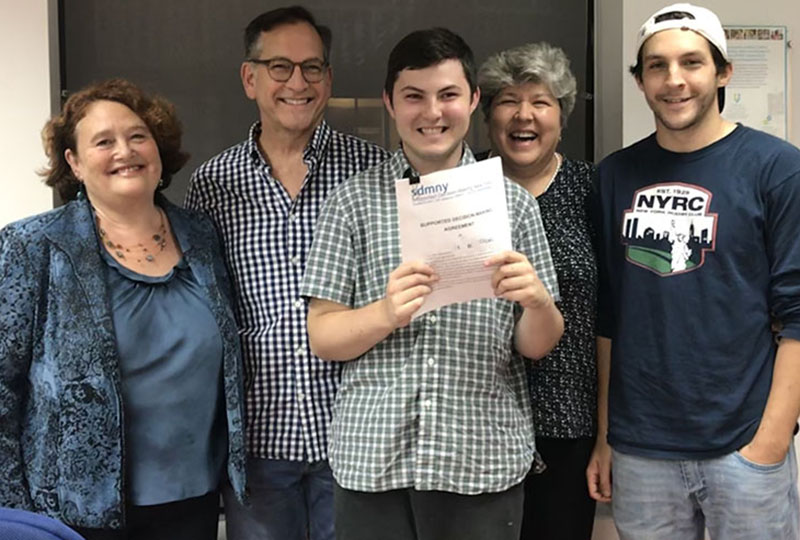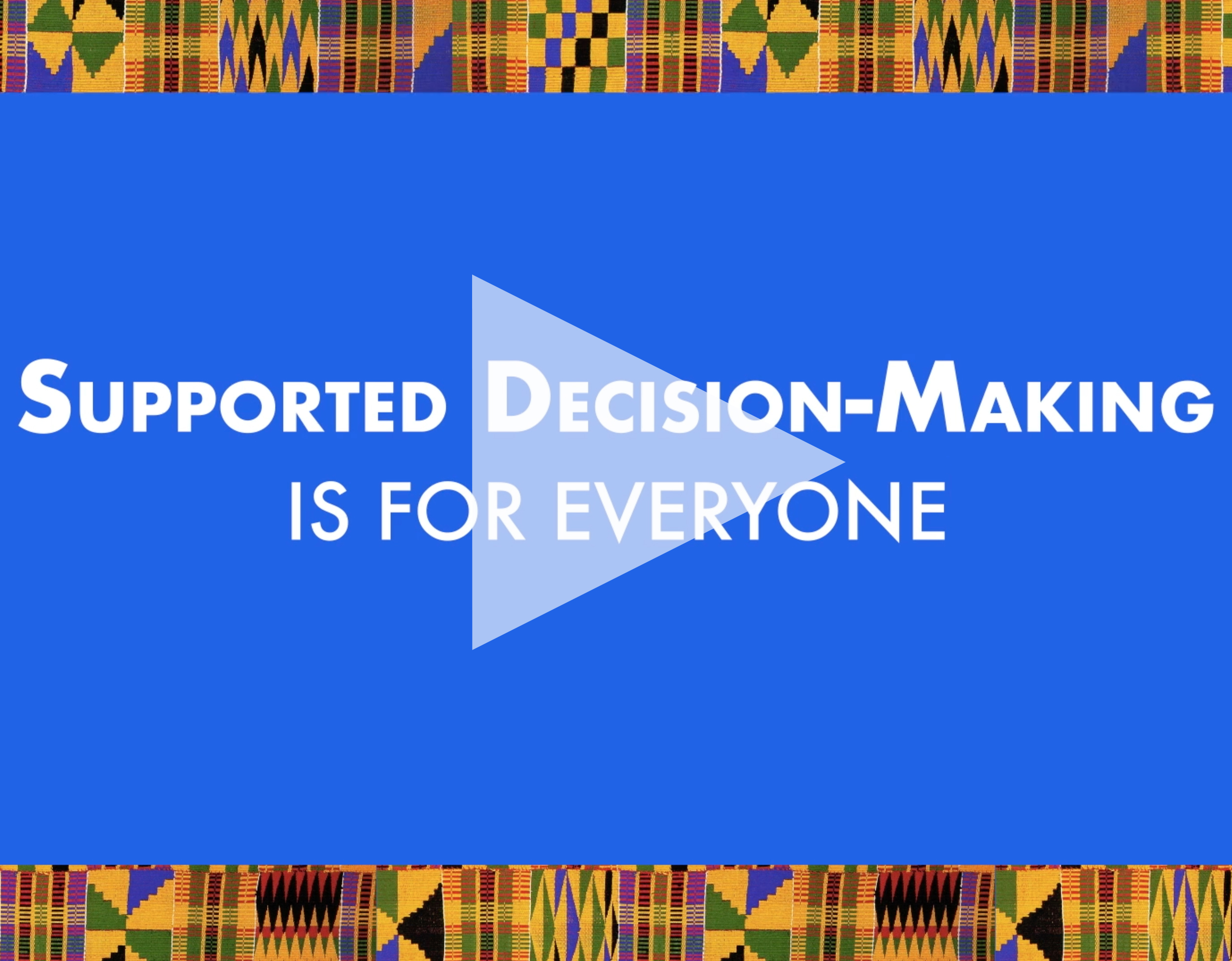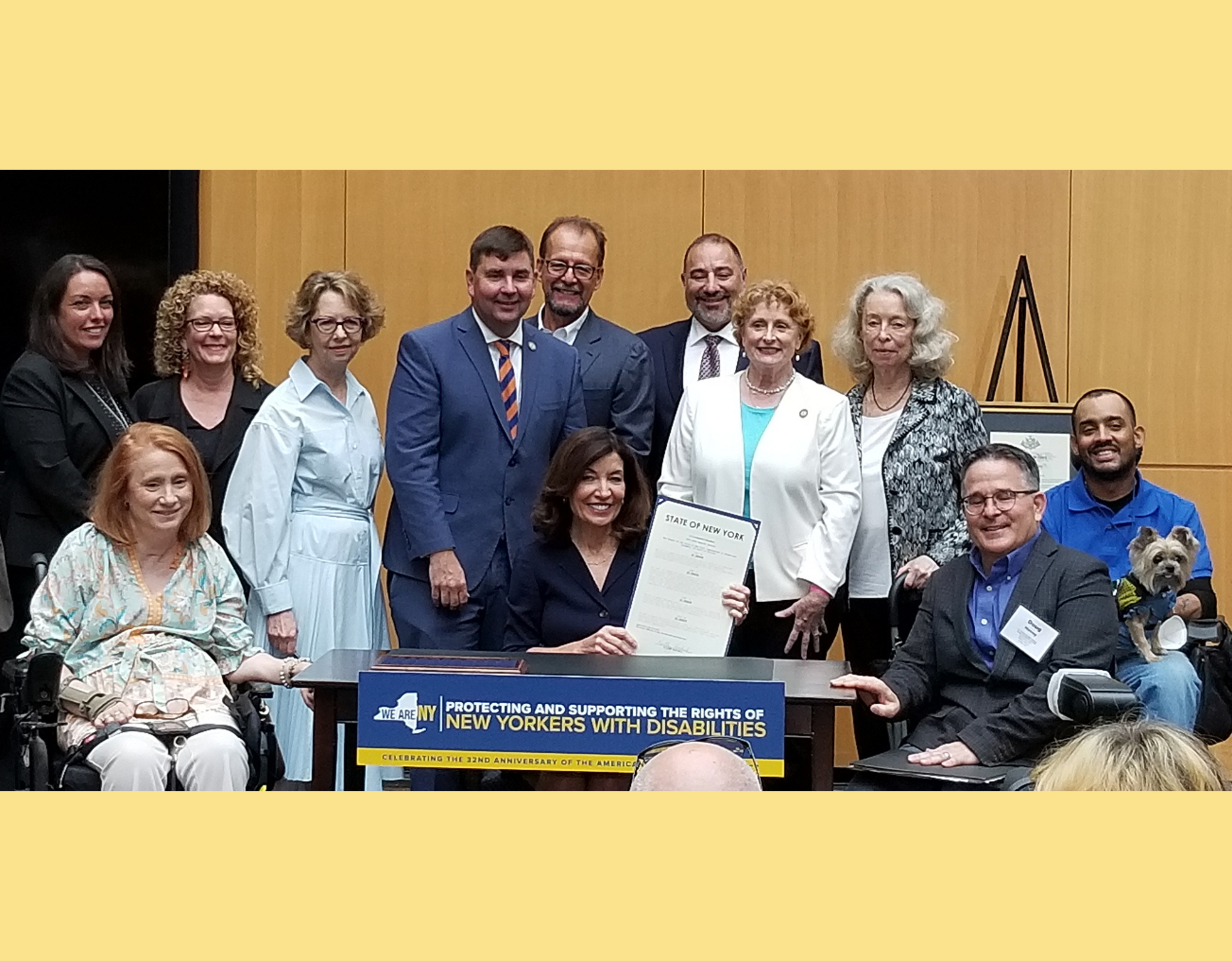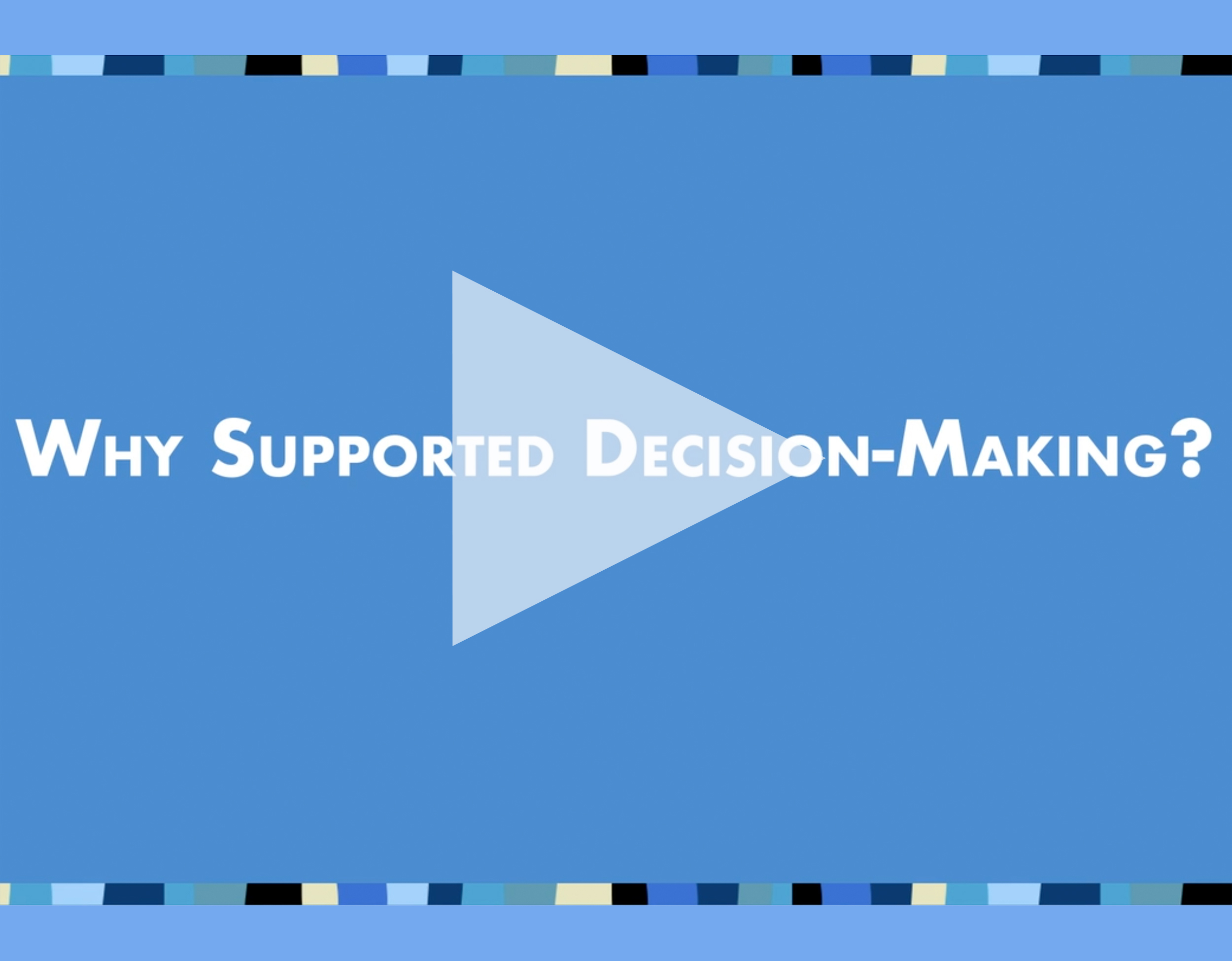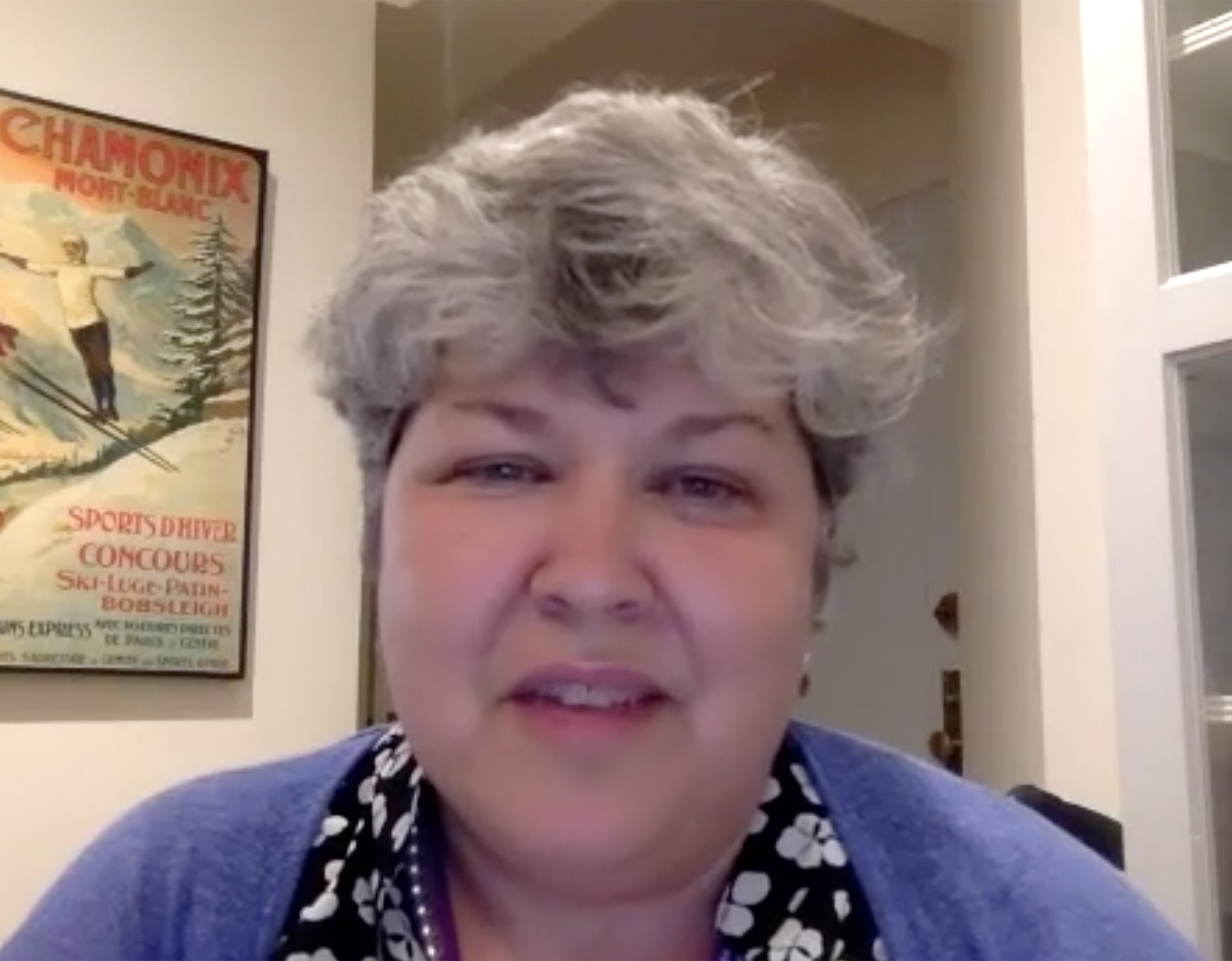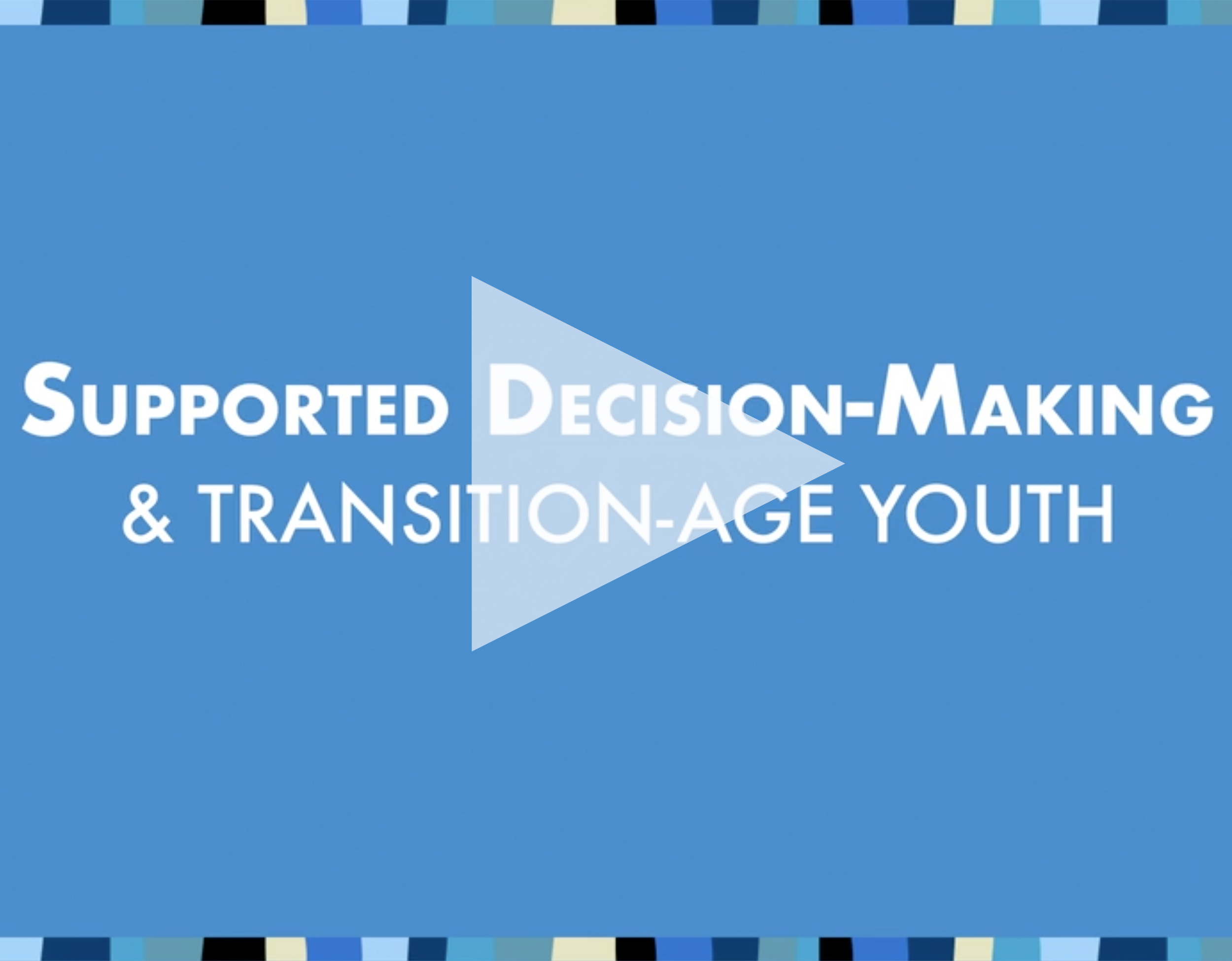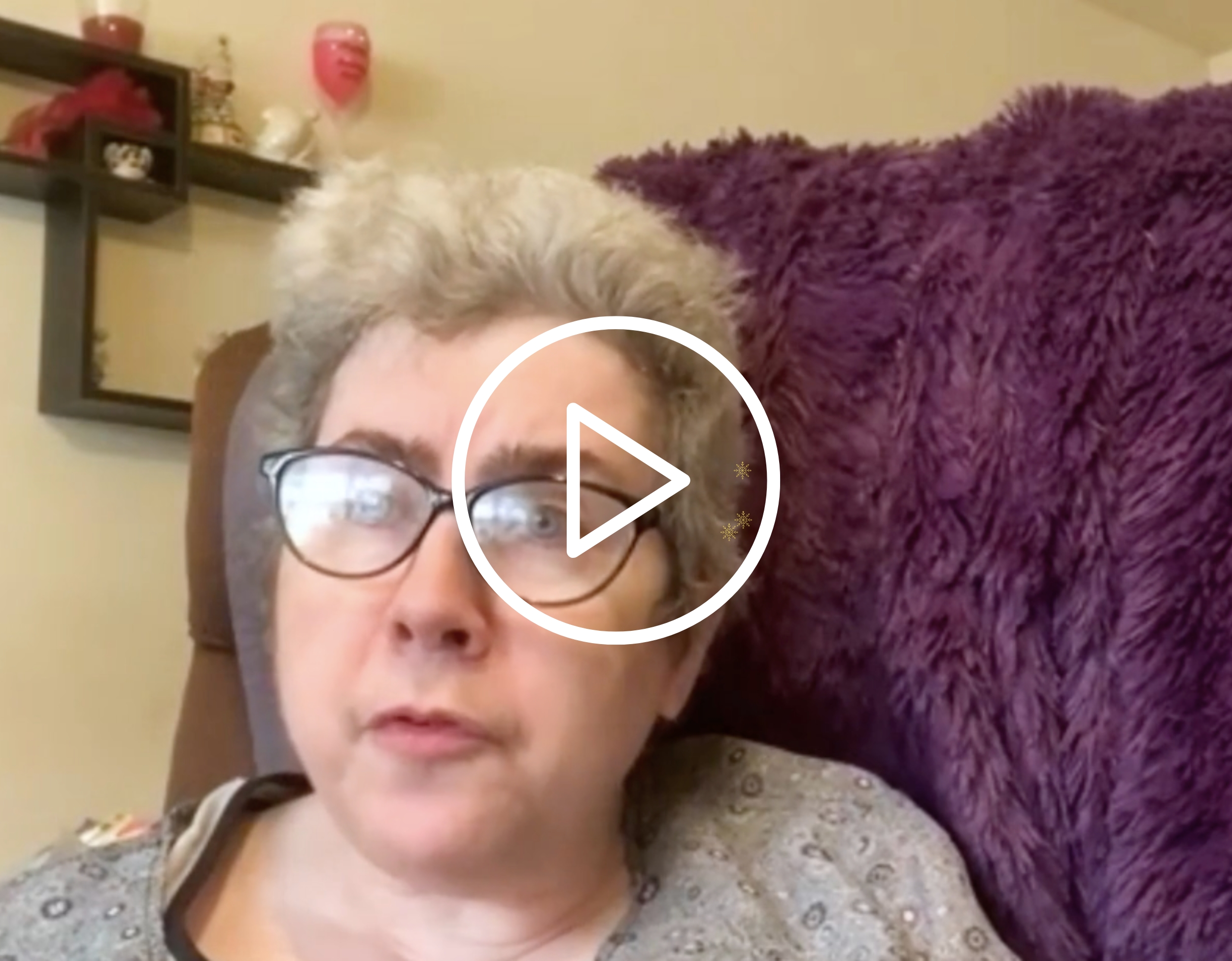Recent News
- Constantly Evolving: Celebrating Our 15th Training of FacilitatorsIt’s hard to believe, but the Training of Facilitators (TOF) that began this week is actually the 15th we’ve held over 6 years (with now almost 300 facilitators trained), and have they ever changed! We started in 2017 at CUNY Law School where then-Director Kris Glen had been Dean, and then moved to Hunter’s Silberman… Continue reading Constantly Evolving: Celebrating Our 15th Training of Facilitators
- The SDMNY/Agency Partnership Pilot is Now Officially Underway!Part of our OPWDD grant to design and pilot a statewide facilitation service delivery system involves testing how provider agencies (and other sources of potential facilitators and Decision-Makers) might interface with a centralized entity (for now, SDMNY) which does training, mentoring and provides uniform facilitation materials. Over the past months we have reached out to… Continue reading The SDMNY/Agency Partnership Pilot is Now Officially Underway!
- Bringing SDM Facilitation to the Private BarAs part of the OPWDD implementation grant (Good News [12/17/2021]), we are charged with developing a variety of sources for potential Decision-Makers and facilitators through “mini-pilots”. While we have assumed that the largest mini-pilot will be made up of service providers (and have already enlisted a number of them as partner agency providers) (Good News… Continue reading Bringing SDM Facilitation to the Private Bar
- We Welcome Naomi Brickel, SDMNY’s New Project Director!On [12/30/2022, GN] we noted the coming transition of leadership at SDMNY and introduced you briefly to our new Director, Naomi Brickel. Now that she’s actually begun, we thought you might want to hear from her directly, and understand why we are so thrilled that she’s taken the job! Here’s Naomi, in her own words…… Continue reading We Welcome Naomi Brickel, SDMNY’s New Project Director!
- Independent Report Shows That Providing Supported Decision-Making Facilitation to All will Bring Substantial SavingsWe are coming toward the end of the first year of our 3-year OPWDD grant and are excited at how well it is going. We are designing and will soon begin testing a model by which the State could provide facilitation services to everyone who wants them. But, of course, the model we create, however… Continue reading Independent Report Shows That Providing Supported Decision-Making Facilitation to All will Bring Substantial Savings
